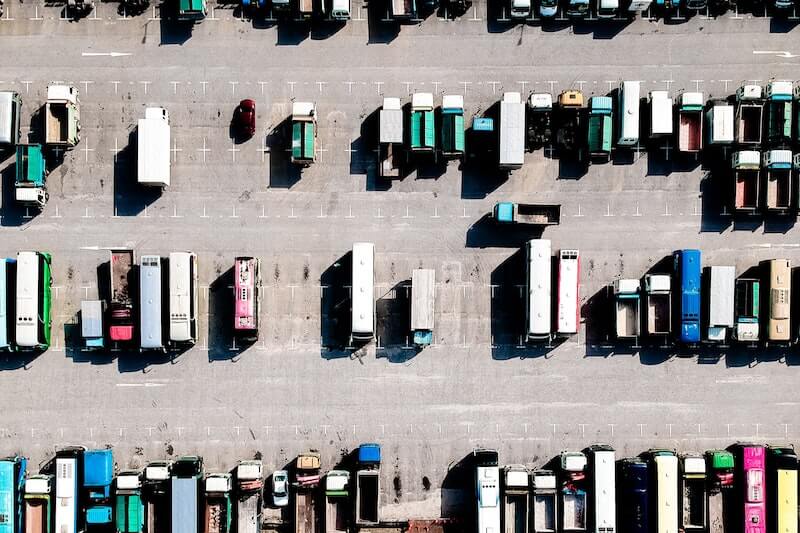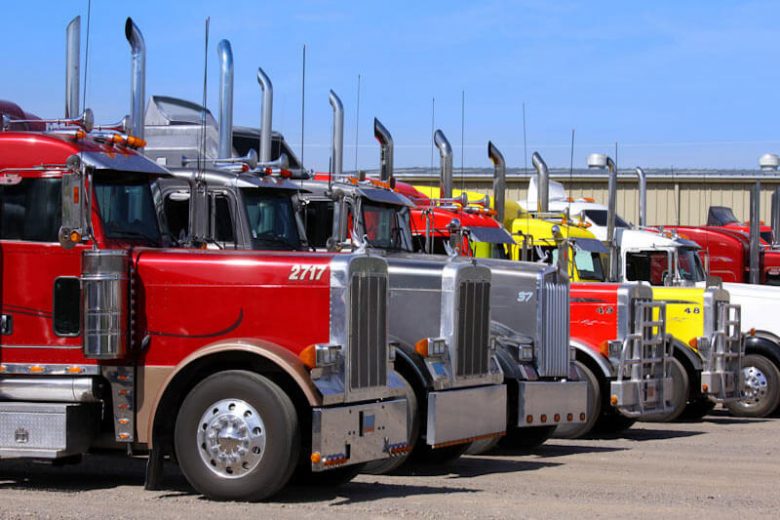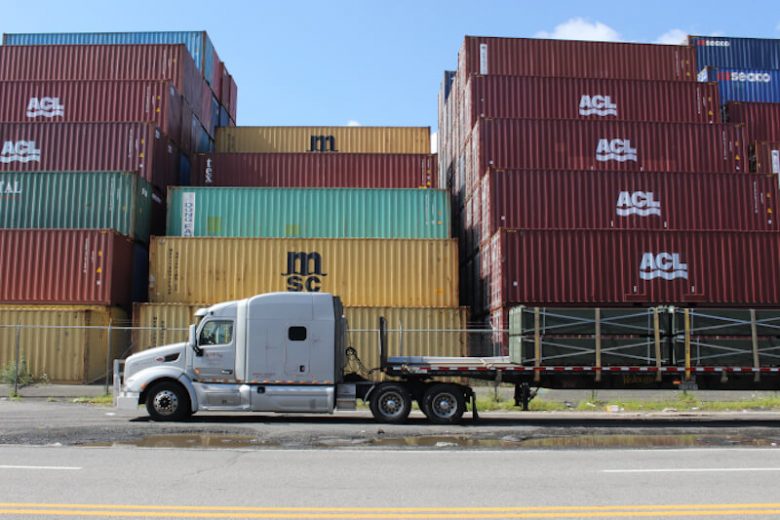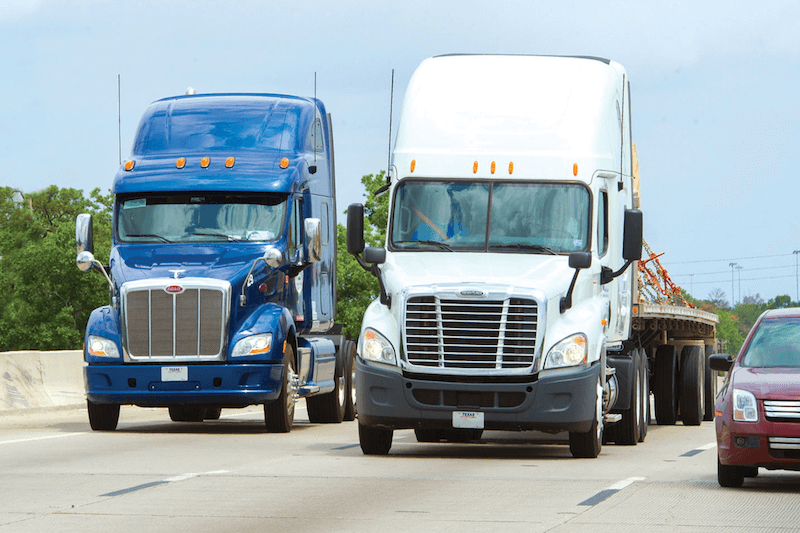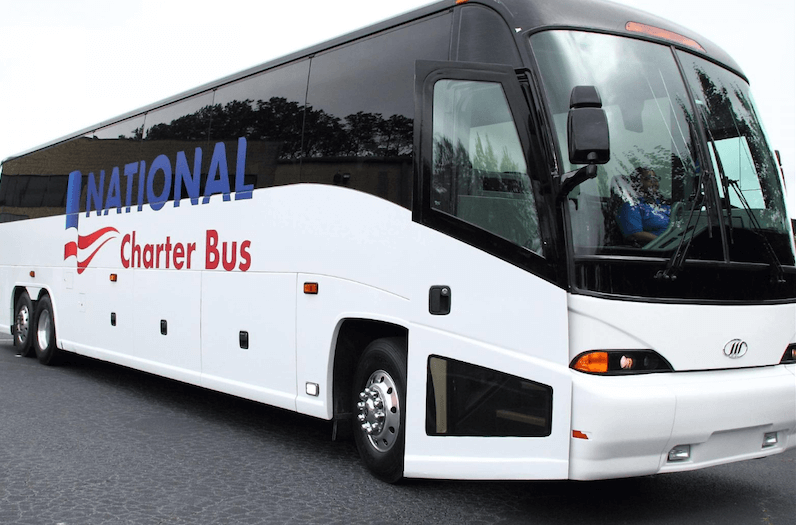When it comes to interstate commerce, the transportation industry is a crucial part of it. Without the hard-working drivers, the freight companies, storage and regulations that surround this industry, it wouldn’t be the success that it is. The transportation business includes a variety of companies and services from hauling commodities and cars to offering temperature-controlled transportation as well as warehousing and logistics.
Use eTags© to Quickly Complete Your DMV Service. Renewals, Title Transfers and More, All Online!
Transportation companies that handle interstate commerce are subject to UCR registration every year. Depending on how they operate in legal terms and how many US DOT numbers they hold, their UCR fees are established. For example, some transportation companies perform more than one function, even though they just have one US DOT number. This is the case for businesses that operate as both a motor carrier as well as a transportation broker.

Sometimes one legal entity holds multiple US DOT numbers, and other times multiple DOT numbers are held by separate affiliated companies. For UCR purposes, if a single legal entity has more than one US DOT number, representing different functions, then it combines the two for one UCR registration. Furthermore, it must register as the highest of fees applicable to the function it holds. Typically, it’s registering as a motor carrier.
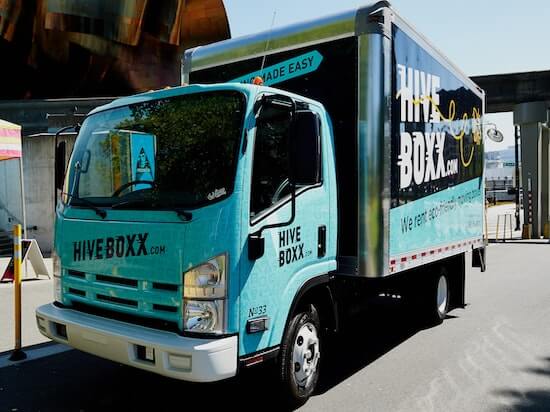
If a transportation business holds multiple US DOT numbers by more than one legal entity, each of those entities has to register separately for UCR, resulting in separate UCR fees. For example, if a corporation owns a leasing company, a brokerage operation, and trucking services business, they all have to have separate US DOT numbers and pay UCR fees separately.
Some trucking businesses have more than one fleet under different names and different DOT numbers. When they interchange vehicles between those fleets, that may mean that those vehicles are counted toward more than one fleet’s fee…toward all of them.
